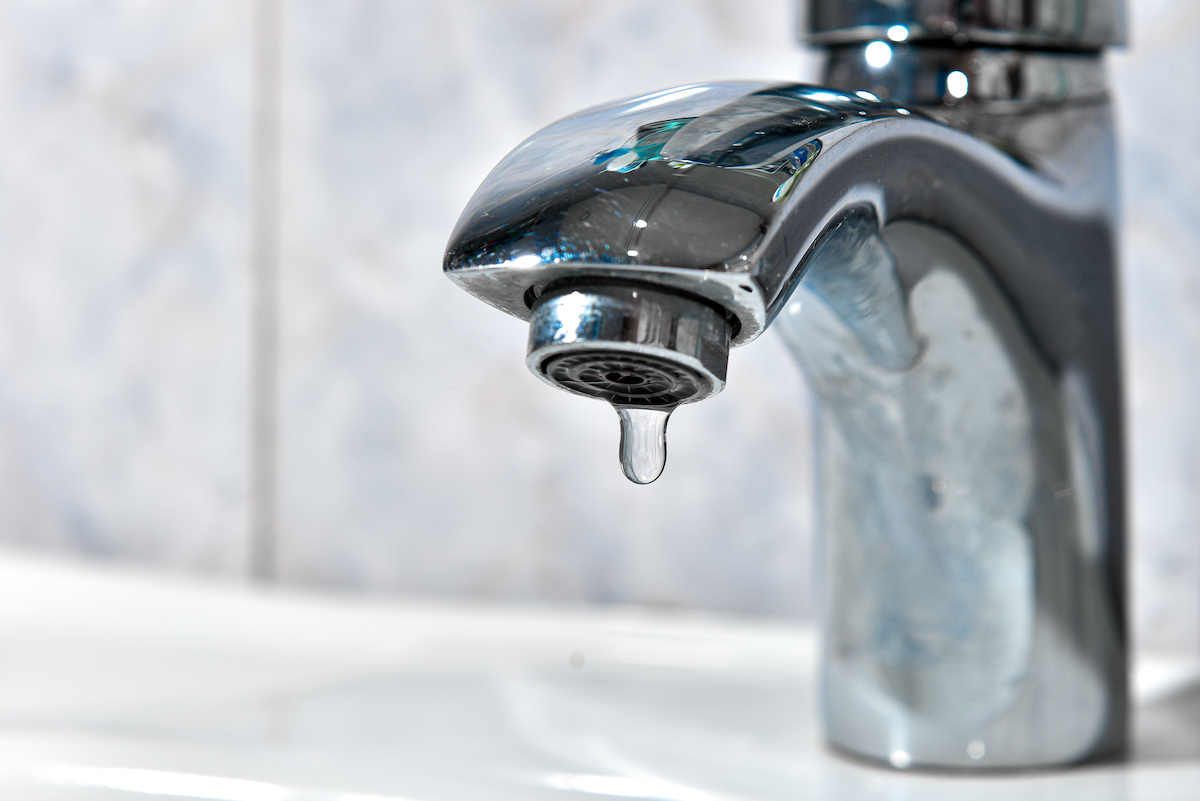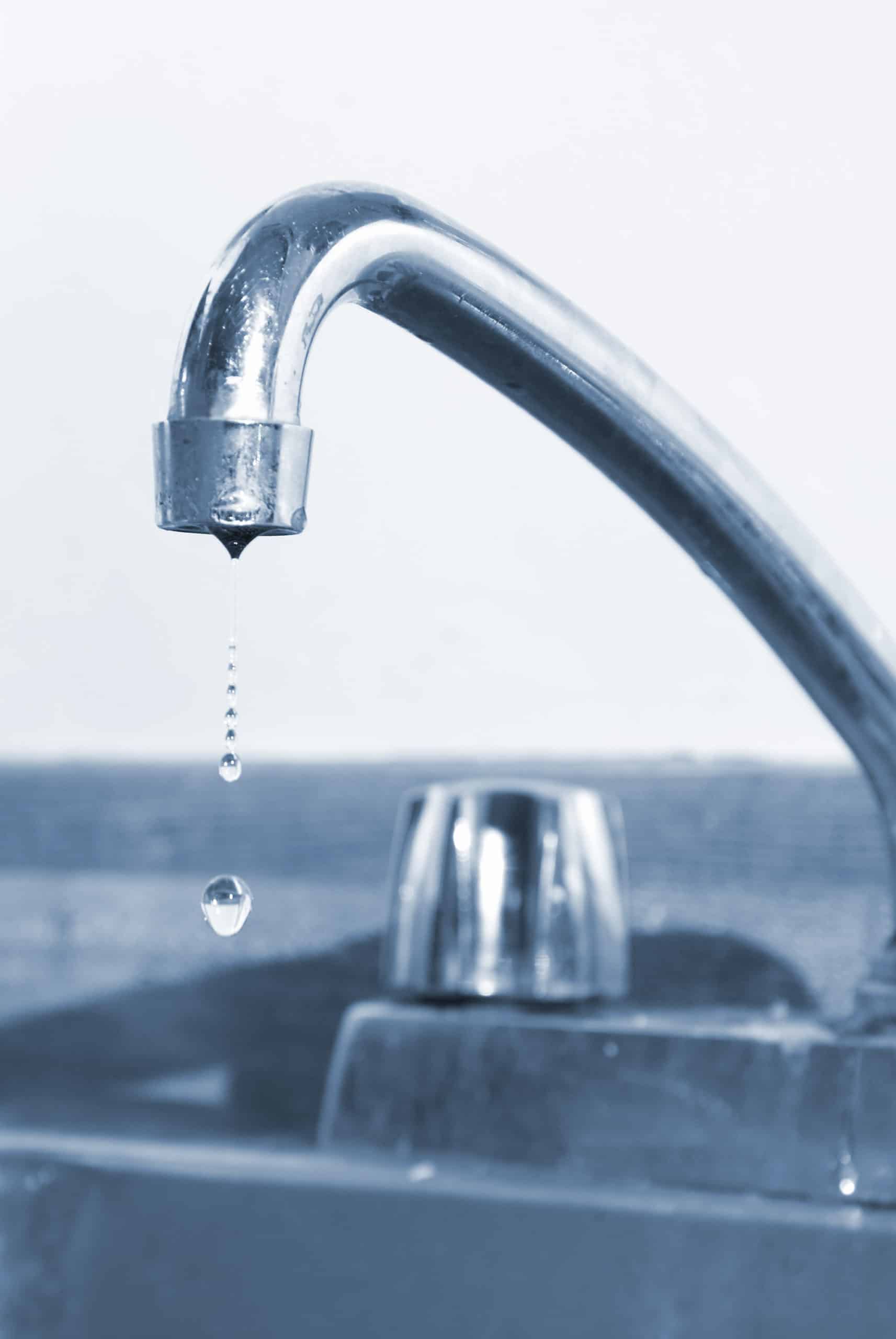Your Benefits of Dealing with a Dripping Faucet
Your Benefits of Dealing with a Dripping Faucet
Blog Article
This post listed below pertaining to Why Is It Important To Fix Your Leaking Tap/Faucet? is absolutely fascinating. Read on and draw your own personal assumptions.

Trickling taps might feel like a small aggravation, yet their impact exceeds just the inconvenience of the noise. From drainage to incurring unneeded financial costs and health risks, overlooking a dripping tap can bring about different repercussions. In this post, we'll delve into why it's essential to resolve this typical home issue quickly and effectively.
Wastefulness of Water
Ecological Effect
Leaking faucets add considerably to water waste. According to the Environmental Protection Agency (EPA), a solitary faucet leaking at one drip per secondly can squander greater than 3,000 gallons of water per year. This not just strains water sources however additionally impacts communities and wildlife dependent on them.
Financial Prices
Enhanced Water Costs
Beyond the environmental impact, leaking faucets can inflate water expenses substantially. The built up wastage gradually translates into higher energy expenses, which can have been avoided with timely repair services.
Prospective Residential Property Damage
In addition, extended leaking can lead to damage to fixtures and surface areas surrounding the tap. Water buildup can create discoloration, rust, and also architectural problems if left ignored, leading to additional repair work prices.
Wellness Worries
Mold And Mildew and Mold Growth
The constant visibility of dampness from a trickling tap produces an optimal atmosphere for mold and mildew and mildew growth. These fungis not only jeopardize interior air high quality however likewise position health and wellness risks, particularly for people with respiratory system conditions or allergies.
Waterborne Diseases
Stationary water in dripping faucets can become a breeding ground for germs and other pathogens, boosting the threat of waterborne diseases. Pollutants such as Legionella microorganisms flourish in stationary water, potentially bring about severe ailments when consumed or breathed in.
Do it yourself vs. Professional Repair work
Pros and Cons of DIY Fixing
While some may try to fix a dripping faucet themselves, DIY repair services feature their own collection of difficulties. Without appropriate knowledge and tools, do it yourself efforts can exacerbate the problem or lead to insufficient repairs, extending the trouble.
Benefits of Employing a Specialist Plumber
Hiring a professional plumber guarantees that the underlying source of the dripping faucet is resolved effectively. Plumbings have the proficiency and tools to detect and repair faucet problems successfully, saving time and lessening the threat of more damages.
Step-by-Step Guide to Repairing a Dripping Faucet
Tools Needed
Before attempting to take care of a trickling faucet, gather the essential devices, consisting of a flexible wrench, screwdrivers, substitute components (such as washing machines or cartridges), and plumber's tape.
Typical Tap Issues and Their Solutions
Recognize the kind of faucet and the specific problem causing the drip. Usual problems include damaged washing machines, rusty valve seats, or malfunctioning O-rings. Describe producer directions or on-line tutorials for detailed guidance on repair services.
Preventive Measures
Routine Maintenance Tips
To prevent trickling taps, execute routine upkeep such as cleansing aerators, inspecting for leaks, and replacing worn-out parts immediately. In addition, take into consideration installing water-saving devices or upgrading to much more reliable components.
Significance of Prompt Fixes
Resolving leaking taps as quickly as they're noticed stops more water waste and possible damages, eventually conserving both water and money over time.
Influence On Home Value
Perception of Well-Maintained Home
Preserving a home in good condition, including dealing with maintenance concerns like trickling faucets, enhances its perceived worth and charm among potential customers or lessees.
Influence on Resale Value
Properties with properly maintained plumbing components, consisting of faucets, command greater resale worths in the realty market. Addressing trickling taps can contribute to a favorable impression during property examinations and settlements.
Environmental Duty
Private Payment to Preservation
Taking responsibility for dealing with leaking taps lines up with more comprehensive efforts toward water preservation and environmental sustainability. Every person's actions jointly make a significant effect on preserving priceless resources.
Lasting Living Practices
By prioritizing timely repairs and embracing water-saving habits, people contribute to sustainable living techniques that benefit both existing and future generations.
Conclusion
Resolving a dripping tap goes beyond mere comfort; it's an important action towards conserving water, lowering financial expenses, and safeguarding health and wellness and building. Whether through do it yourself repairs or professional help, doing something about it to repair leaking taps is a small yet impactful method to advertise liable stewardship of resources and contribute to a much healthier, extra sustainable future.
How to Fix a Leaky Faucet: Step-by-Step Repair Guide
A leaky faucet may seem like a simple annoyance, but if it's not fixed promptly, that leak could cost hundreds to potentially thousands. From water damage to mold, mildew, and high water bills, even a tiny leak can be catastrophic if left unattended. Damage like this can even affect the overall value of your home, so it's important to take the right approach for leaky faucet repair. You may need the help of a plumber in some cases, but we've got a few tips you can try on how to fix a leaky faucet before calling the pros.
Four Faucet Types
When you're learning how to fix a leaky faucet, the first step is knowing what kind of faucet you're working with! There are four common types.
Cartridge Faucets
Cartridge faucets come in one- or two-handled varieties. In one-handled cartridge faucets, hot and cold water combines in a single cartridge. In the two-handled versions, hot and cold water are controlled separately and mixed in the faucet.
Ball Faucets
Ball faucets have a single lever you push up and down to adjust the pressure and rotate to change the temperature. A slotted metal ball controls the amount of water allowed into the spout.
Compression Washer Faucets
They're the oldest type of faucet, but they're still used in many homes — especially older ones. Compression faucets have two separate handles that, when turned, raise or lower the washer that seals a water valve. This valve stops water from flowing through the faucet when it is turned off.
Disc Faucets
Disc faucets rarely need to be repaired due to their maintenance-free design. The water flow is controlled by two discs — the upper one raises and lowers against a fixed lower disc, creating a watertight seal. If your disc faucet starts leaking, you may need to replace the seals or clean residue buildup from the inlets.
Fixing a Leaky Faucet
Step 1: Turn Off the Water
Whether you're learning how to fix a leaky bathtub faucet or how to fix a leaky kitchen faucet, always turn off the water supply to your working area when you're fixing a leak. The last thing you want is a flood added to your list of things to fix.
Look for the shutoff valves below your sink or around the tub and turn them clockwise to stop the water flow. If your faucet doesn't have shutoff valves, you may need to turn off the water for the whole house. Check to make sure it's off by turning the faucet on. If nothing comes out, you're ready to start the repair.
Step 2: Take Apart the Faucet
How you disassemble your faucet depends on the type of fixture you have. You can use a flathead screwdriver to remove the caps on top of the handle or handles for cartridge and compression faucets. Inside, you should see handle screws. Unscrew these with a screwdriver to remove the handle.
Disc- and ball-style faucets will typically have an inlet screw near the handle, and removing that will reveal the interior of the faucet.
Detach the Valve Stem
For cartridge- and compression-style faucets, you'll see the inner valve stem or cartridge once you remove the faucet handles. If you have a compression faucet, unscrew the brass valve stem. If you have a cartridge faucet, pull out the cartridge. If your cartridge has been in place for a while, it may require some tools or extra force to remove it due to mineral deposits.
Examine and Replace Parts
Once you've removed the parts, check them out to confirm what needs to be replaced. You may see corroded rubber washers, O-rings, stems, or cartridges. On a ball-style faucet, check the seats and springs for damage.
If you need to repair a leaky disc faucet, check the inlet and seals on the lower disc.
Once you determine what parts must be replaced, visit your local hardware store. Bring the damaged parts with you to ensure you can purchase the correct components to replace them.
Clean Valves and Faucet Cavity
If you've removed a stem or cartridge, you may notice mineral buildup in the faucet's threads. Use white vinegar to clean the valve seat by soaking it for a few minutes, then scrub it away with a soft toothbrush and rinse with warm water. You can also clean the interior of the faucet in the same way.
Reassemble the Faucet
Once your faucet is cleaned and the required parts have been replaced, it's time to reassemble it. Put the pieces back together and slowly turn the water supply back on. Doing this slowly is crucial because too much initial water pressure can damage the new hardware you've just installed.
https://homewarranty.firstam.com/blog/how-to-fix-leaky-faucet

Do you enjoy reading about ? Leave a remark directly below. We would be glad to find out your thoughts about this page. Hoping that you visit us again later on. I beg you take the time to distribute this blog if you enjoyed reading it. Thank you so much for your time invested reading it.
Report this page